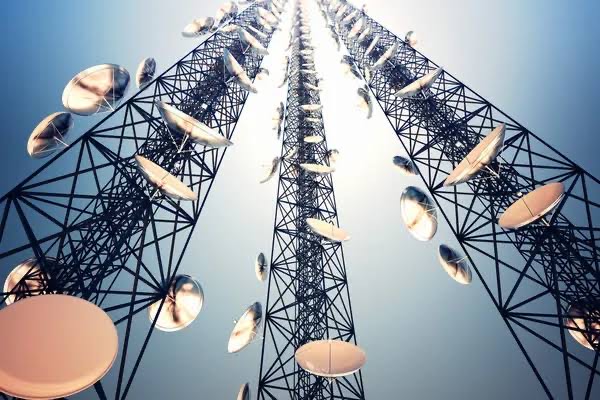The telecom industry in Nigeria incurred an estimated cost of nearly N27bn ($23m) in 2023 due to cable damages, leading to repairs and revenue losses, as reported by Bloomberg.
The major players affected by these costs were MTN Nigeria and Airtel Africa Plc.
MTN Nigeria experienced over 6,000 cuts on its fiber cable last year, with incidents such as a network cut in three locations on Feb. 28 due to various activities, causing data and voice outages lasting over five hours.
To address the issue, MTN relocated 2,500 kilometers of vulnerable fiber cables between 2022 and 2023, with costs exceeding N11bn, equivalent to building 870 kilometers of new fiber lines.
Broadband fiber optic cables provide the essential infrastructure for high-speed data transmission supporting personal, business, and societal activities.

The Nigerian Communications Commission has acknowledged the challenges faced in safeguarding this infrastructure and expressed readiness to collaborate with stakeholders for solutions. The telecom sector is expected to contribute more than a fifth of Nigeria’s GDP by the end of 2027, up from 13.5% in the third quarter of the previous year.
Telecommunications operators stress the importance of classifying telecom infrastructure as critical national assets to ensure their protection.
Efforts are being made by the Nigerian government to deter the destruction of broadband fiber cables by introducing regulations to penalize offenders, particularly federal road constructors.
An executive order is anticipated to be signed by President Bola Tinubu to criminalize such sabotage, providing stringent penalties for perpetrators, as requested by telecommunications companies.
Authorities emphasize the critical role of telecom assets in supporting the economy and ensure that new regulations will safeguard investments against vandalism and criminal activities.
These measures aim to relieve the telecom sector from financial pressures caused by currency devaluation and soaring energy prices.
































